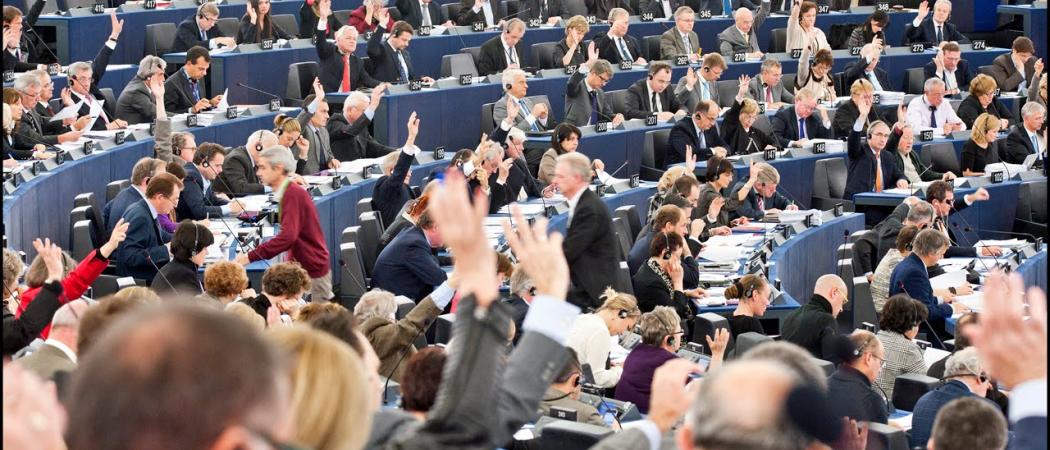MEPs say there is a “lack of clarity and comparability of the figures put forward” by the EU executive

The European Commission’s claim of a proposed 50 per cent increase in research and innovation spending after 2021 is dubious, according to a note drawn up by the heads of the European Parliament’s budget committee.
Committee members argue that the proposed increase for the 2021-2027 Horizon Europe programme period is actually 13 per cent on today’s research spending, if the counting is done in so-called “constant 2018 prices” and UK amounts for the previous period are not excluded.
MEPs say they have still-unanswered questions “as regards to the lack of clarity and comparability of the figures put forward by the European Commission”.
“Despite extensively comparing its new proposal with the current 2014-2020 period, the Commission has remained unclear about which figures it was [actually] comparing,” notes from a closed-door meeting on May 16 of the budget committee chair and vice-chairs read. The MEP comments echo similar concerns voiced by the European Association of Research and Technology Organisations.
The Parliament is usually largely in sync with the shape and direction of Commission policy, but this disagreement over numbers is the latest in a series of budget confrontations the EU executive body has faced, with member states already at odds over planned cuts to agriculture and regional investment. How it all plays out will impact the chances of a budget agreement before Parliament elections next May (although many political hands in Brussels say this schedule was always too optimistic anyway).
For its May 2 budget announcement, the Commission compares the future budget period with the 2014-2020 period using two possible yardsticks: “current prices”, which allow for 2 per cent annual inflation, and constant 2018 prices. With current prices, the rise is from €77 billion for the current period up to €97.6 billion; when the budget is stated in 2018 prices, the sum earmarked for Horizon Europe falls to €86.6 billion.
But in promoting the budget, the Commission emphasised the former set of numbers, adding that, when UK funding of around €10 billion is deducted from the current EU budget, the real increase this time round is about 50 per cent.
However, these counting methods, the Parliament argues, are deliberately confusing, as they allow the Commission to present “much more favourably its proposed cuts or reinforcements”. According to MEP calculations, research only goes up 13 per cent, while there is only a 77 per cent increase in the Erasmus student exchange programme (compared to a statement by the Commission that its budget had been doubled).
MEPs, who will have equal power with member states to scrutinise the budget, say they prefer to focus on constant figures, which they argue allow meaningful comparison, and make it easier to think about future spending in present values.
“It also seems that the Commission does not, or not always, compare its proposals to the full seven years of the 2014-2020 framework: in some instances, it compares them to the last year of the current period only,” the report adds.
For its calculations, the Commission deducts from the 2014-2020 amounts expenditure made in the UK. The thinking behind this is that, with the UK set to leave the bloc next year, it’s better to present the previous budget as if it were one for 27 countries, so as to allow a like-for-like comparison with the next period.
“While this is understandable in policy areas based on pre-allocated national envelopes, such as agriculture, such a deduction may not be fully justified when dealing with genuine EU-wide programmes such as research [or] Erasmus,” the note says. Furthermore, the Commission has not disclosed to Parliament the UK amounts it is using.
MEPs also call on the Commission to clarify some of the Commission’s macroeconomic assumptions, pointing out that in the past few years inflation has been well below 2 per cent.





 A unique international forum for public research organisations and companies to connect their external engagement with strategic interests around their R&D system.
A unique international forum for public research organisations and companies to connect their external engagement with strategic interests around their R&D system.